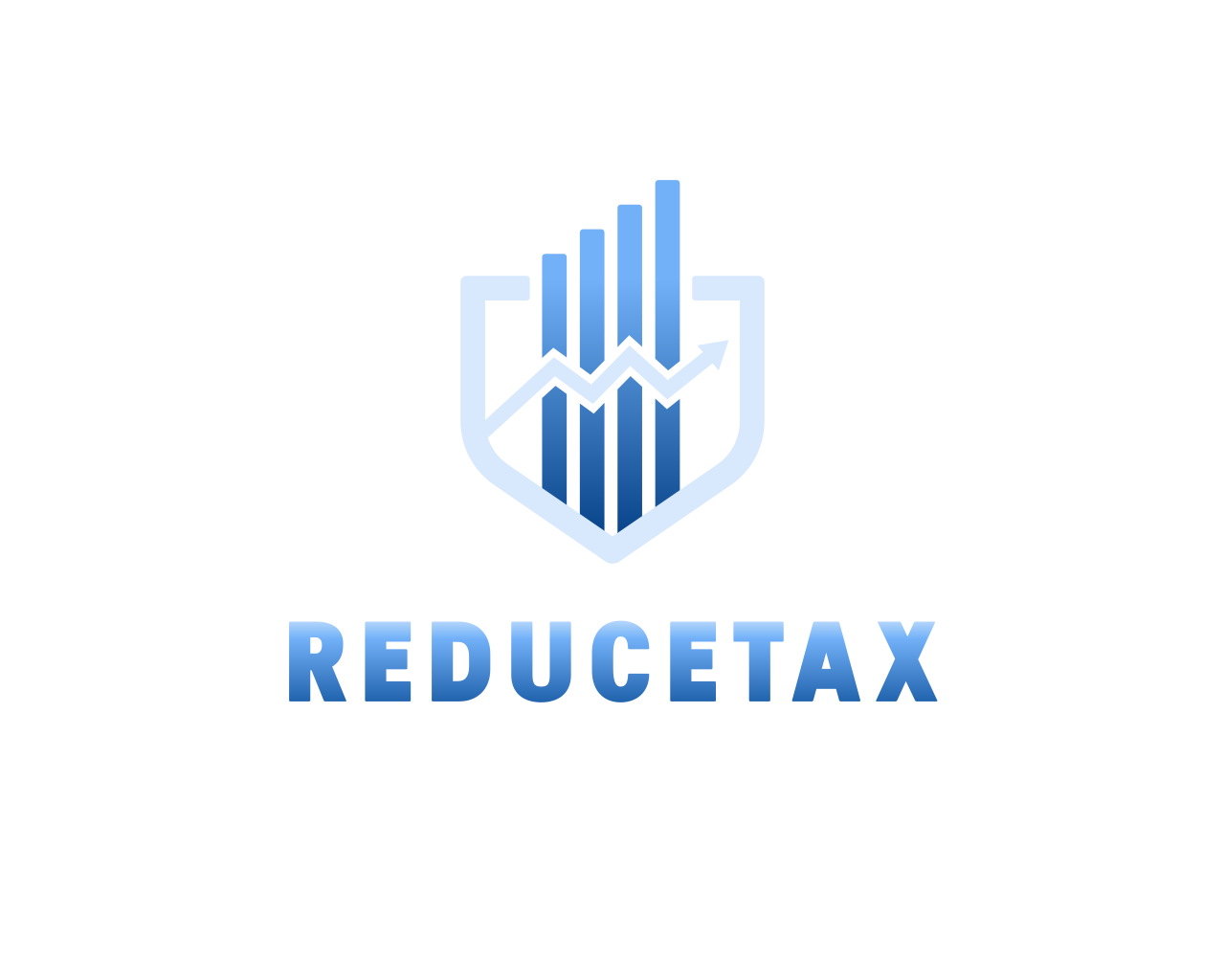
EU Flat Tax Countries: Your Path to Lower Corporate Taxes
Introduction
The European Union has become a battleground between traditional progressive tax systems and modern flat tax approaches. While countries like France impose corporate tax rates exceeding 25% and personal income taxes reaching 55.4%, several EU member states have adopted flat tax systems that significantly reduce the tax burden for businesses and individuals alike.
What Are Flat Tax Systems?
A flat tax system applies a single tax rate to all income levels, regardless of how much you earn. Unlike progressive tax systems where rates increase with income, flat taxes maintain consistency across all brackets.
Benefits of Flat Tax Systems
- Simplicity: Easier tax calculations and compliance
- Transparency: Clear understanding of tax obligations
- Economic efficiency: Reduced administrative burden
- Business attraction: Lower rates encourage investment and entrepreneurship
EU Countries with Flat Tax Systems
Bulgaria: Europe’s Lowest Flat Tax Rate
Corporate Tax Rate: 10%
Personal Income Tax Rate: 10%
VAT Rate: 20%
Bulgaria stands out as the EU’s most tax-efficient jurisdiction, maintaining its 10% flat tax rate since 2008. This competitive advantage has made Bulgaria increasingly attractive for:
- Digital entrepreneurs seeking tax optimization
- International businesses looking to reduce corporate tax burden
- Freelancers and consultants maximizing after-tax income
- EU residents wanting to legally minimize their tax obligations
Why Bulgaria Works for EU Tax Planning:
- EU membership ensures regulatory compliance
- No restrictions on profit repatriation within the EU
- Comprehensive double taxation treaty network
- Streamlined company incorporation process
Estonia: Deferred Corporate Taxation
Corporate Tax Rate: 20% (only on distributed profits)
Personal Income Tax Rate: 22%
Estonia’s unique system taxes corporate profits only when distributed as dividends, making it attractive for companies focused on reinvestment and growth.
Hungary: Competitive Eastern European Rates
Corporate Tax Rate: 9%
Personal Income Tax Rate: 15%
Hungary offers one of the EU’s lowest corporate tax rates, though it recently moved away from a pure flat tax system for personal income.
Czech Republic: Modified Flat Tax
Corporate Tax Rate: 19%
Personal Income Tax Rate: 15% (flat rate) + 7% solidarity surcharge on high earners
The Czech Republic maintains relatively competitive rates, though recent changes have modified its flat tax approach.
Why High-Tax EU Countries Are Losing Businesses
The Tax Burden Reality
Countries like Germany (47.9% labor tax burden), France (55.4% top personal rate), and Belgium (52.7% labor tax burden) are experiencing business migration to more tax-efficient jurisdictions.
Migration Drivers:
- Excessive tax rates reducing business profitability
- Complex tax systems increasing compliance costs
- Limited deductions for business expenses
- High social security contributions affecting competitiveness
Real-World Impact
A German company generating €500,000 in annual profit faces approximately €150,000 in corporate taxes and trade taxes. The same company incorporated in Bulgaria would pay just €50,000 – a €100,000 annual saving.
How to Leverage EU Flat Tax Advantages
Legal Tax Optimization Strategies
- EU Company Relocation
- Transfer business operations to flat tax jurisdictions
- Maintain EU market access and regulatory compliance
- Benefit from freedom of establishment principles
- Substance Requirements
- Establish real economic activity in the chosen jurisdiction
- Ensure proper management and control
- Maintain transparent business operations
- Strategic Planning
- Time relocations to minimize exit taxes
- Structure operations for maximum efficiency
- Comply with EU state aid and anti-avoidance rules
Bulgaria: The Optimal Choice for EU Tax Planning
Incorporation Advantages:
- Fastest setup: Company registration in 5-7 business days
- Minimal capital requirements: €1 minimum share capital
- EU passport: Full access to EU single market
- Banking infrastructure: Established financial services sector
- English-speaking professionals: International business support
Ongoing Benefits:
- 10% corporate tax on all profits
- 10% personal income tax for residents
- 5% dividend tax for non-residents
- 0% withholding tax on intra-EU dividends
- Comprehensive DTT network preventing double taxation
Tax Savings Calculator: Your Potential Savings
Annual Profit: €100,000
- Germany: ~€30,000 in taxes (30%)
- France: ~€26,000 in taxes (26%)
- Bulgaria: €10,000 in taxes (10%)
- Annual Savings: €16,000-€20,000
Annual Profit: €500,000
- Germany: ~€150,000 in taxes
- France: ~€130,000 in taxes
- Bulgaria: €50,000 in taxes
- Annual Savings: €80,000-€100,000
Common Concerns About EU Tax Planning
Is It Legal?
Yes, when properly structured. EU law explicitly protects the right of establishment, allowing businesses to choose their preferred jurisdiction for legitimate business reasons.
What About Substance Requirements?
Modern EU tax planning focuses on creating genuine business substance rather than artificial structures. This includes:
- Real business activities in the chosen jurisdiction
- Local management and decision-making
- Economic rationale beyond tax savings
Anti-Avoidance Rules
The EU’s Anti-Tax Avoidance Directive (ATAD) targets artificial arrangements while protecting legitimate business relocations with real economic substance.
Why Bulgaria Leads EU Flat Tax Competition
Bulgaria’s combination of the EU’s lowest tax rates, simplified administration, and full EU membership creates an unmatched value proposition for international businesses.
Strategic Advantages:
- Regulatory stability: Consistent tax policy since 2008
- EU integration: Full single market participation
- Geographic position: Gateway to Balkans and Eastern Europe
- Cost efficiency: Low operational costs and competitive wages
- Infrastructure quality: Modern telecommunications and transport links
Conclusion
EU flat tax countries offer legitimate pathways to significant tax savings while maintaining full compliance with European regulations. Bulgaria’s 10% flat tax rate represents the EU’s most competitive option, providing substantial advantages over traditional high-tax jurisdictions.
For businesses currently operating in high-tax EU countries, the potential savings from relocating to a flat tax jurisdiction can fund significant business expansion while reducing overall tax burden by 50% or more.
Ready to reduce your EU tax burden legally? Contact our tax planning specialists to evaluate your optimization opportunities and develop a compliant relocation strategy tailored to your business needs.
Frequently Asked Questions
Which EU country has the lowest flat tax rate?
Can I legally move my business to Bulgaria just for tax savings?
How much can I save by incorporating in Bulgaria instead of Germany or France?
What are the substance requirements for a Bulgarian company?
How long does it take to incorporate a company in Bulgaria?
Are there any risks with EU tax planning using flat tax countries?
This article is for informational purposes only and does not constitute legal or tax advice. Always consult qualified professionals for personalized guidance on international tax planning.
About ReduceTax.eu: We specialize in helping European businesses legally reduce their tax burden through strategic relocation to Bulgaria and other low-tax EU jurisdictions. Our team of tax professionals and legal experts ensures compliant, effective tax optimization solutions.

